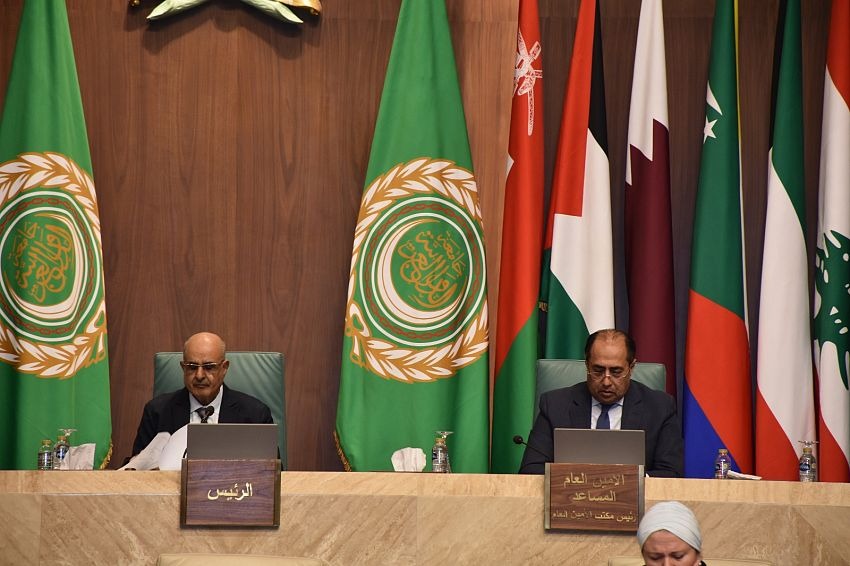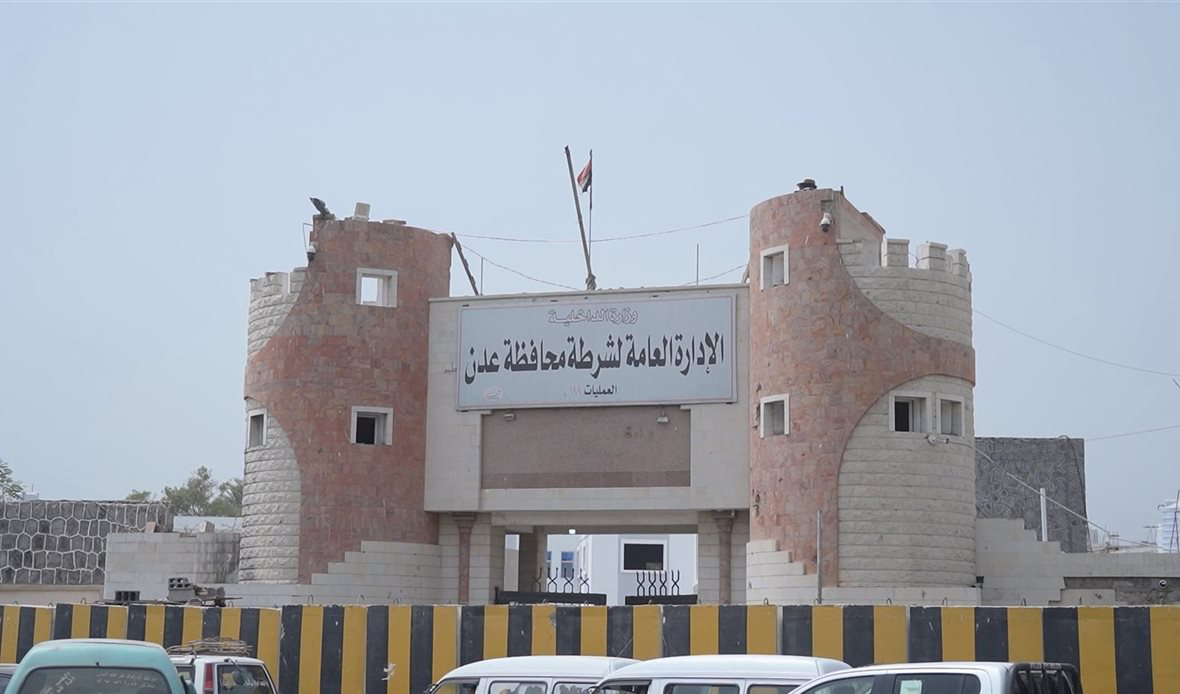
Barran Press
On October 22, 2024, Yemen chaired an emergency meeting of the Arab League Council at the level of permanent representatives, focusing on strategies for Arab and international action to halt the brutal genocide and forced displacement perpetrated by Israel against the Palestinian people, particularly in northern Gaza.
Ambassador Ali Mousa, Yemen's acting permanent representative to the Arab League, emphasized the urgent need to consolidate efforts and unify positions to pressure Israel to end its war in Gaza and attacks in the West Bank. He condemned Israel's actions as “crimes against humanity.”
Mousa reiterated Yemen's commitment to restoring the inalienable rights of the Palestinian people, including their right to freedom and independence, notably through the establishment of a sovereign state along the borders of June 4, 1967, with East Jerusalem as its capital.
He declared, “The central issue for Arabs is the Palestinian cause, which will continue until victory is achieved. The Arab nation is indomitable.”
The ambassador affirmed that the outcomes of the meeting would reflect a unified Arab stance supporting the Palestinian struggle against Israeli occupation and the right to return and independence. This position has been echoed in resolutions from the Arab League, including a recent ministerial meeting in September, also chaired by Yemen, which aimed to establish a common Arab response to Israeli aggression.
Mousa criticized Israel's actions as embodying the “fascist” nature of its colonial ideology, asserting that its brutality over more than 75 years represents an unparalleled chapter in human history. He noted that the occupation poses a threat to the national security of all Arab states, citing the insignia worn by some Israeli soldiers that depict a map of "Greater Israel" from the Euphrates to the Nile.
He concluded by stating that the crimes committed against the Palestinian people are tantamount to a declaration of war on Arab nations, but affirmed that the Palestinian people would not be defeated or deterred from their land, which holds historical and cultural significance.





